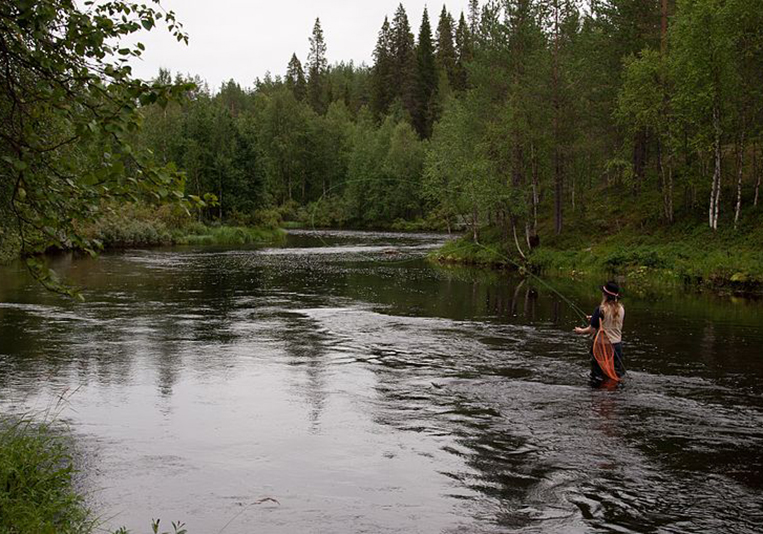Deadline Approaches for Robert Traver Fly-Fishing Writing Award
Submissions are currently open for the Robert Traver Fly-Fishing Writing Award. The award is given for a story or essay that engages with “the joy of fly-fishing, ecology, and humor regarding piscatorial friendships and fun on the water.” The winner receives $2,500 and publication in the Spring 2020 edition of the American Fly Fisher.
Using the online submission system, submit a story or essay of up to 3,000 words with a $25 entry fee. Unpublished pieces and pieces published during the previous two years are eligible. The deadline is May 31. Visit the website for the required entry form and complete guidelines. The winner will be announced in September.
Writer Nick Lyons and the Voelker Foundation created the award in 1994 to encourage and recognize “distinguished original stories or essays that embody the implicit love of fly fishing, respect for the sport, and the natural world in which it takes place.” The Voelker Foundation is dedicated to the work and values of writer and fly-fisherman John Voelker.





